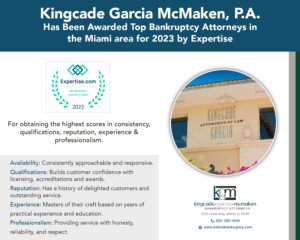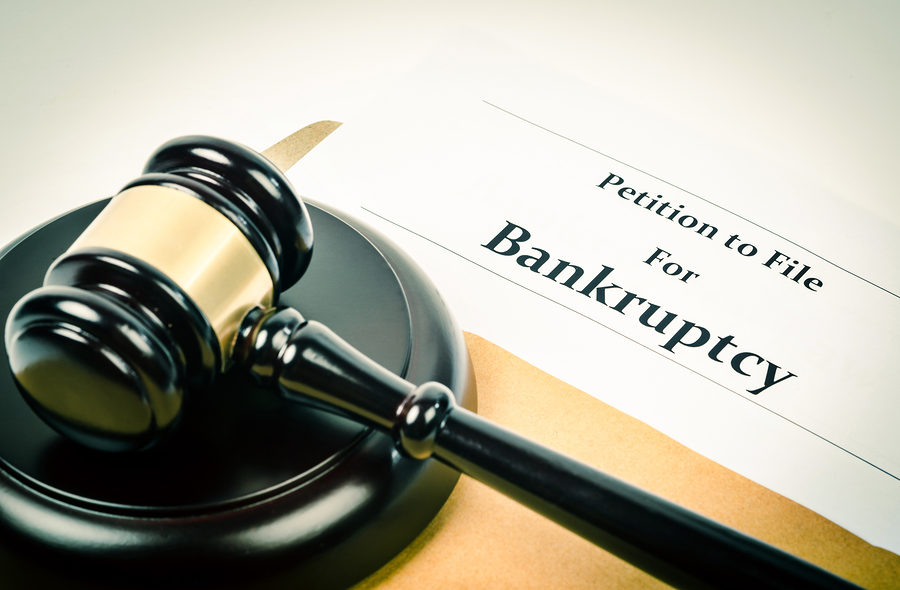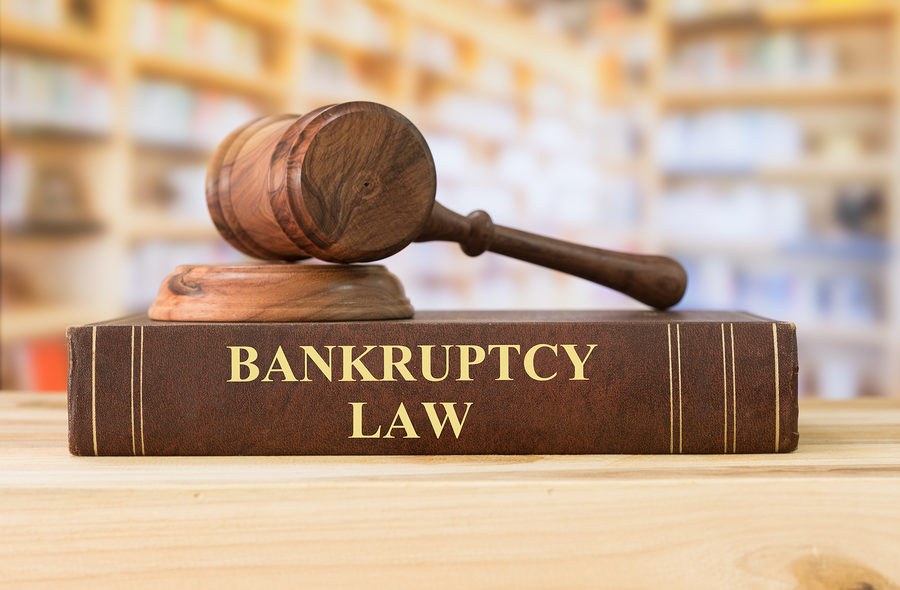MIAMI (February 28, 2023) — The Miami-based bankruptcy law firm of Kingcade Garcia McMaken has been awarded one of the ‘Best Bankruptcy Lawyers in Miami’ for 2023, by Expertise for obtaining the highest scores in consistency, qualifications, reputation, experience & professionalism.

“We are extremely honored to have received this award,” says Founding Partner and Managing Shareholder, Timothy S. Kingcade. “In today’s competitive legal environment, clients have an increasing number of options when choosing an attorney. It is important that clients and potential clients know how serious we take quality customer service and business ethics. This is a true testament to the commitment we have to our clients and the standards we uphold as a law firm.”









